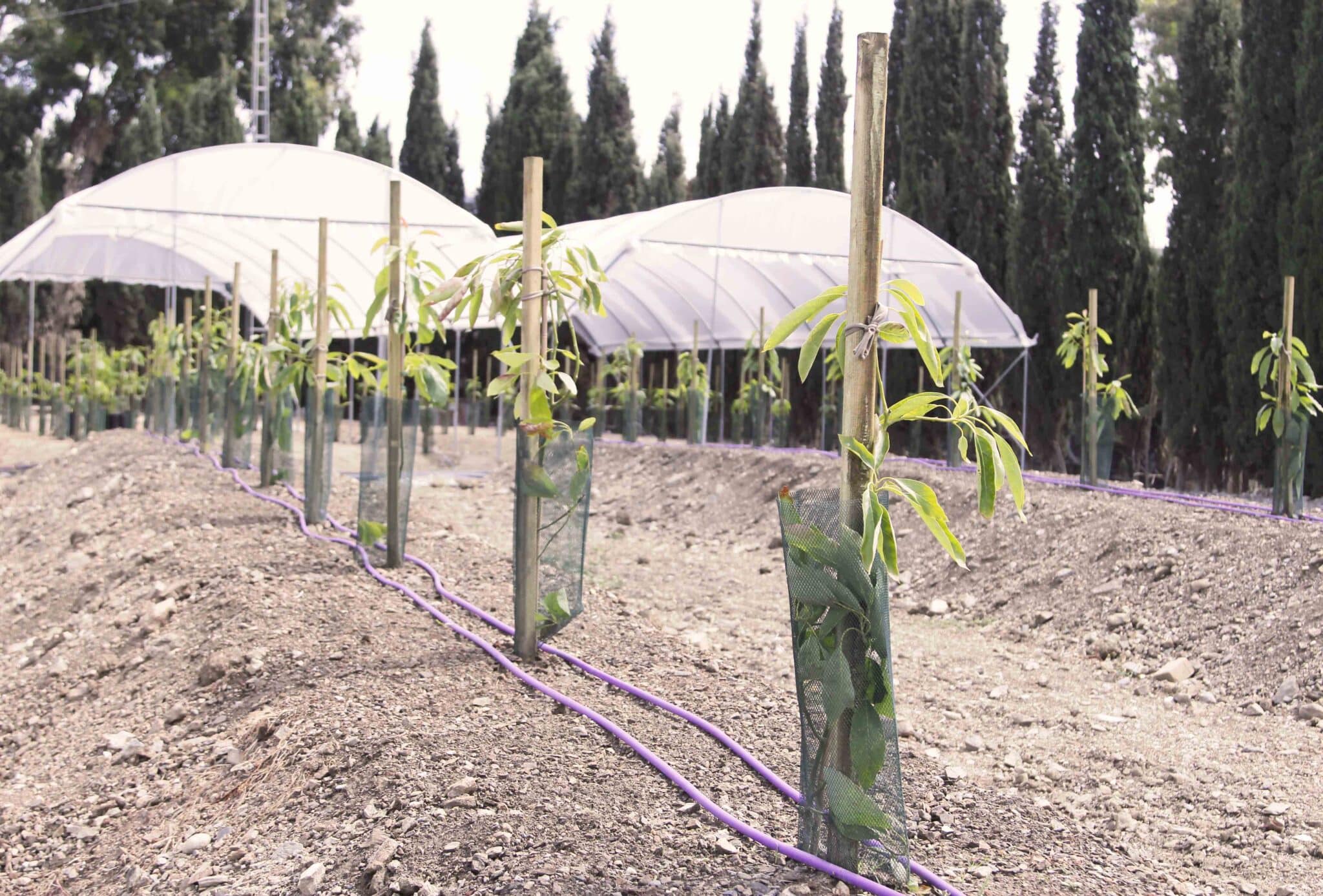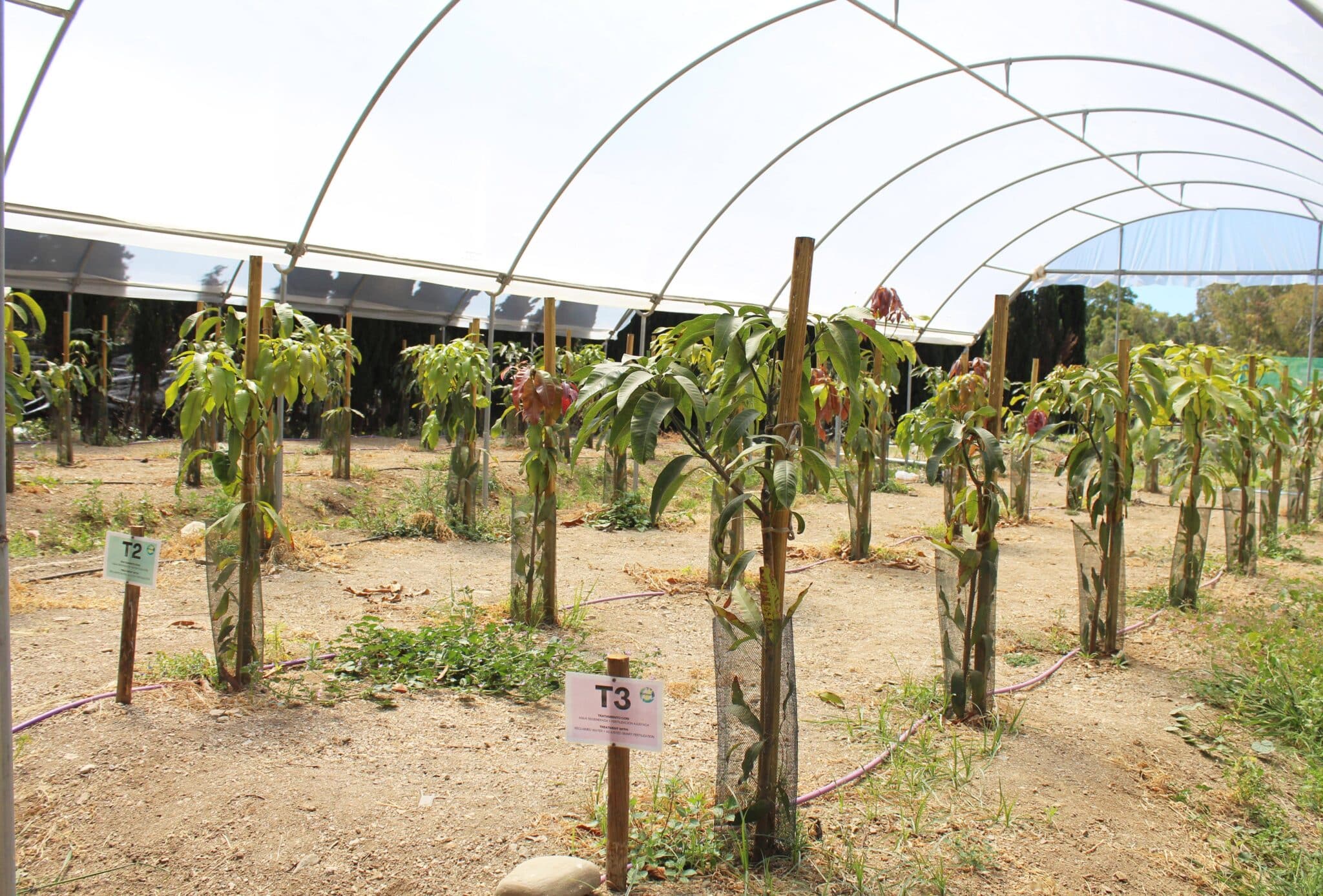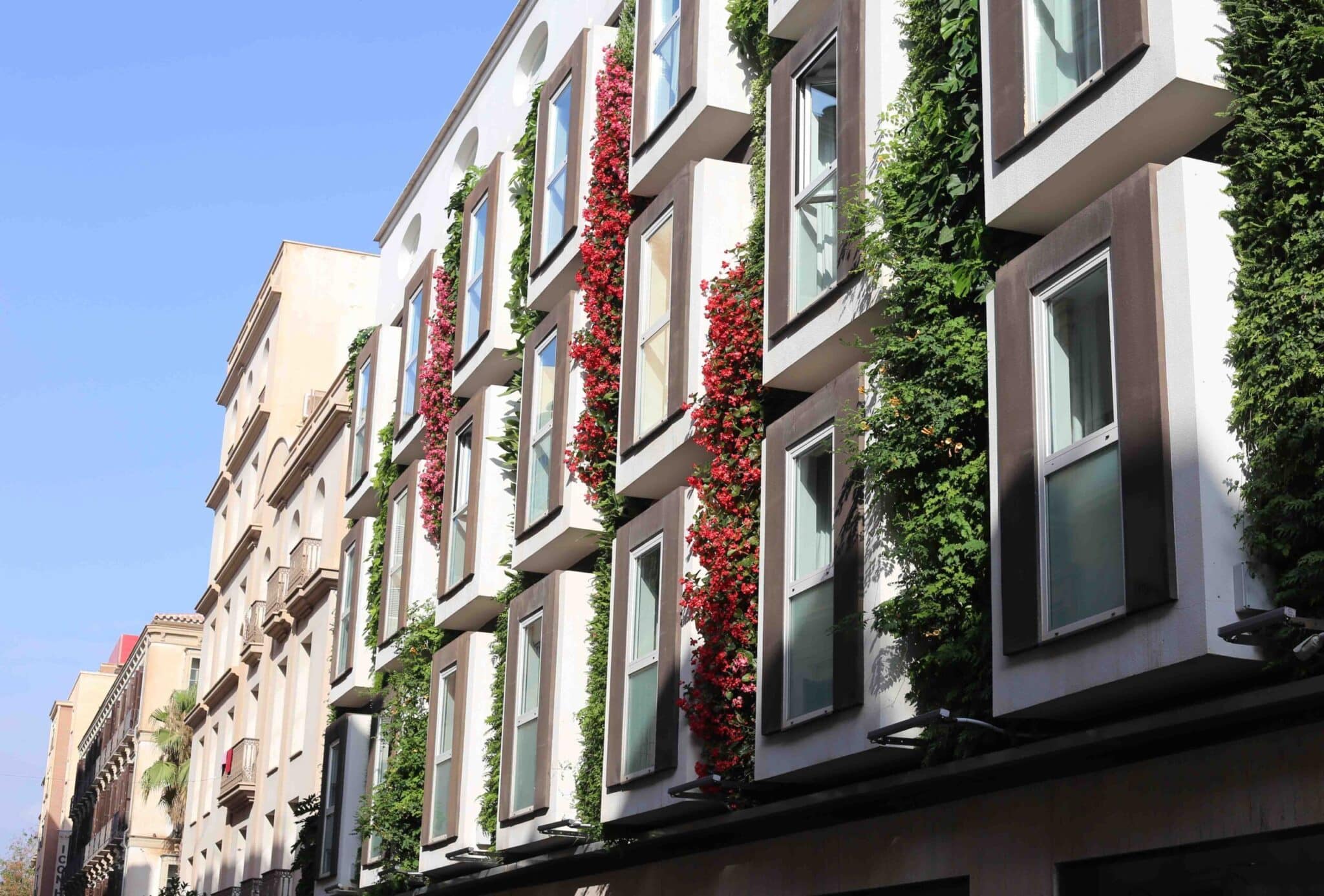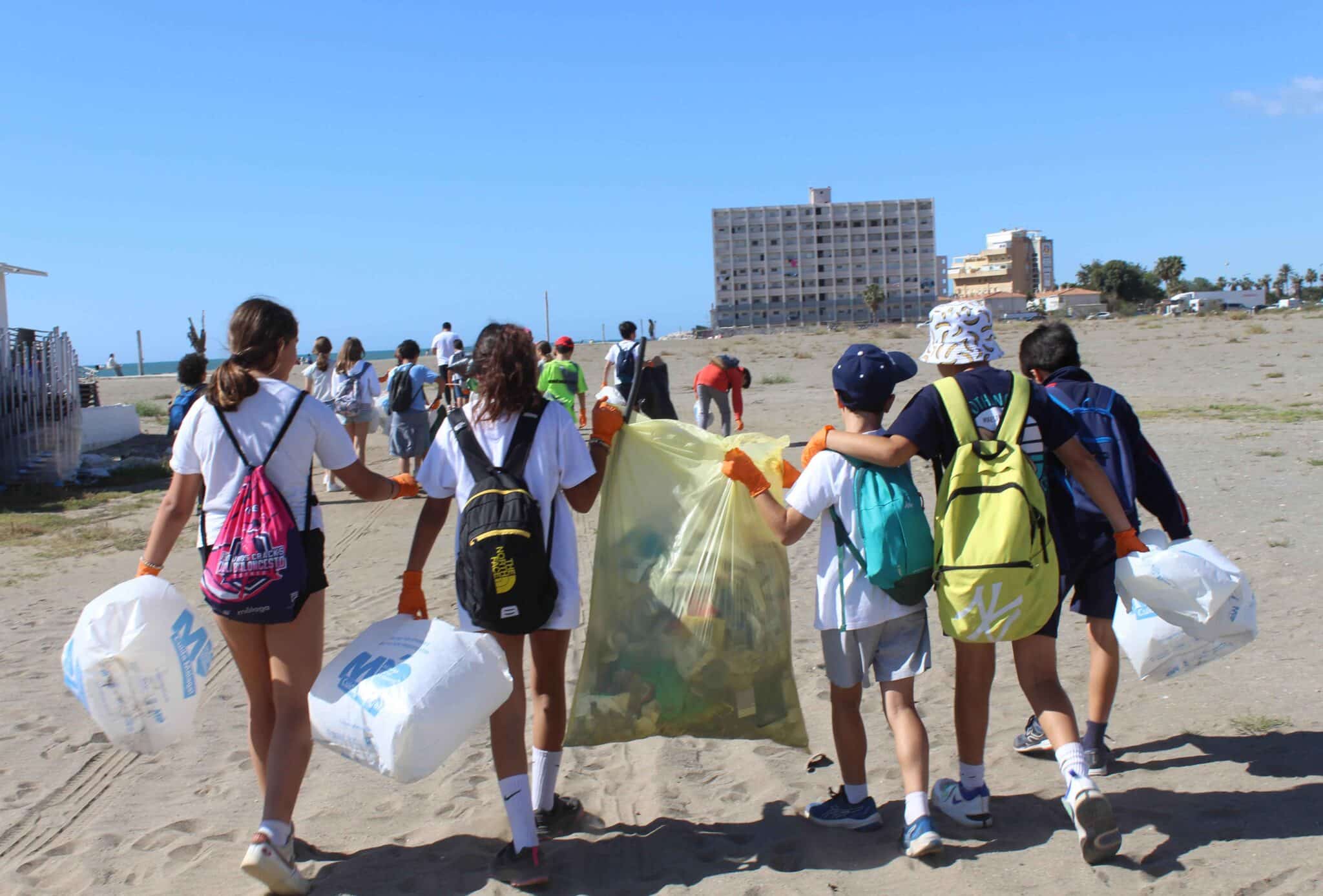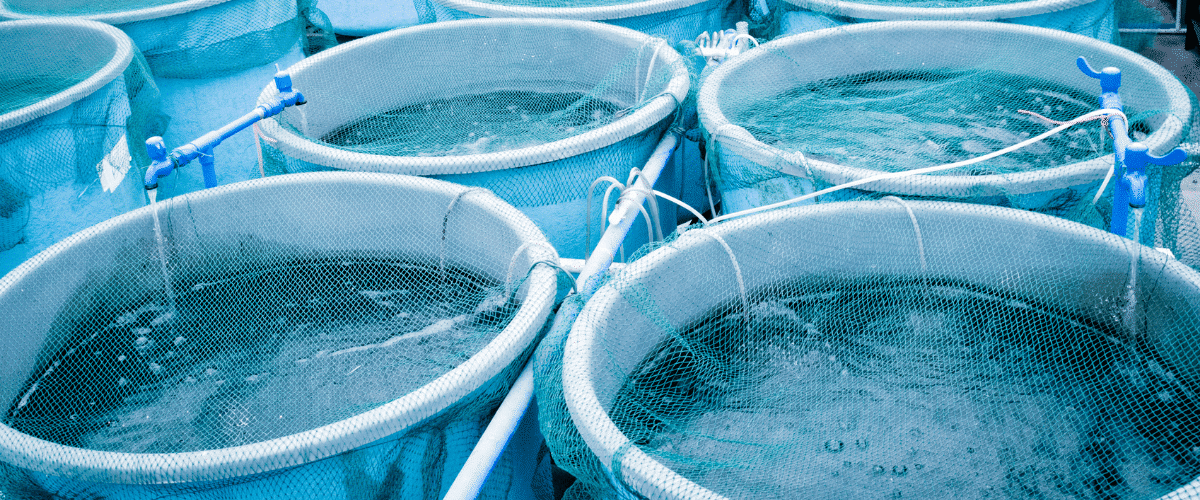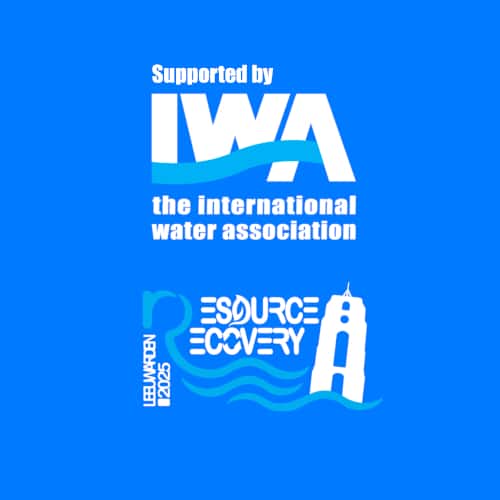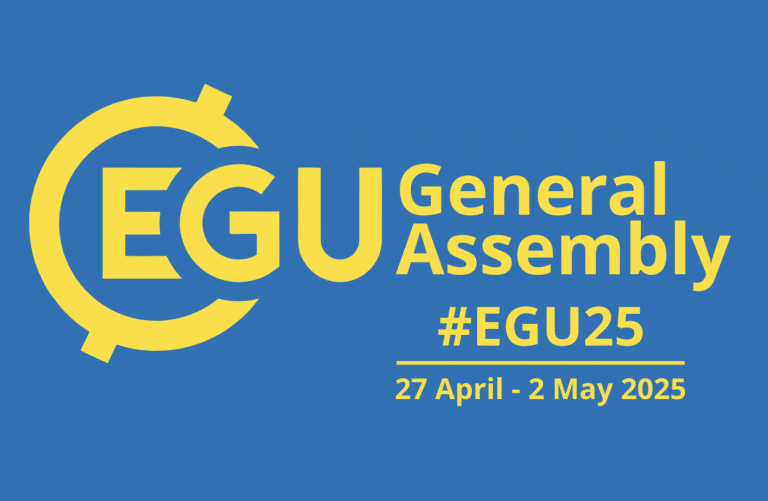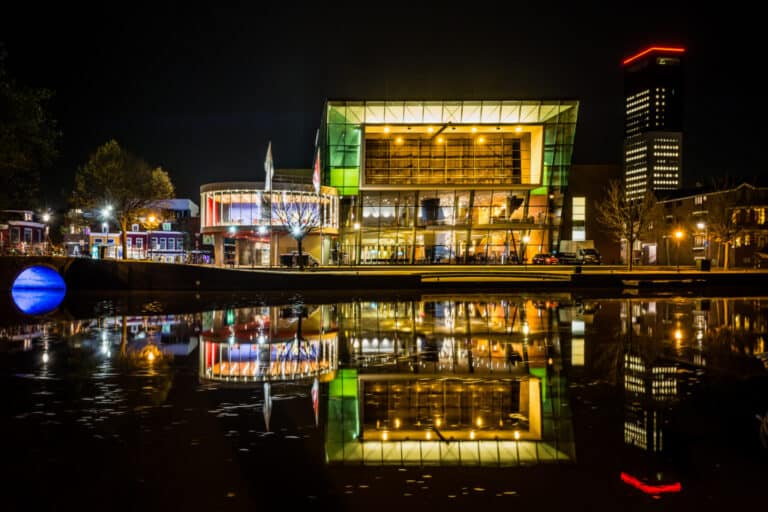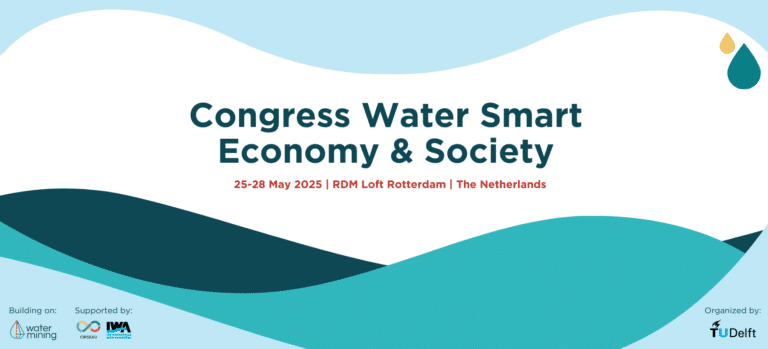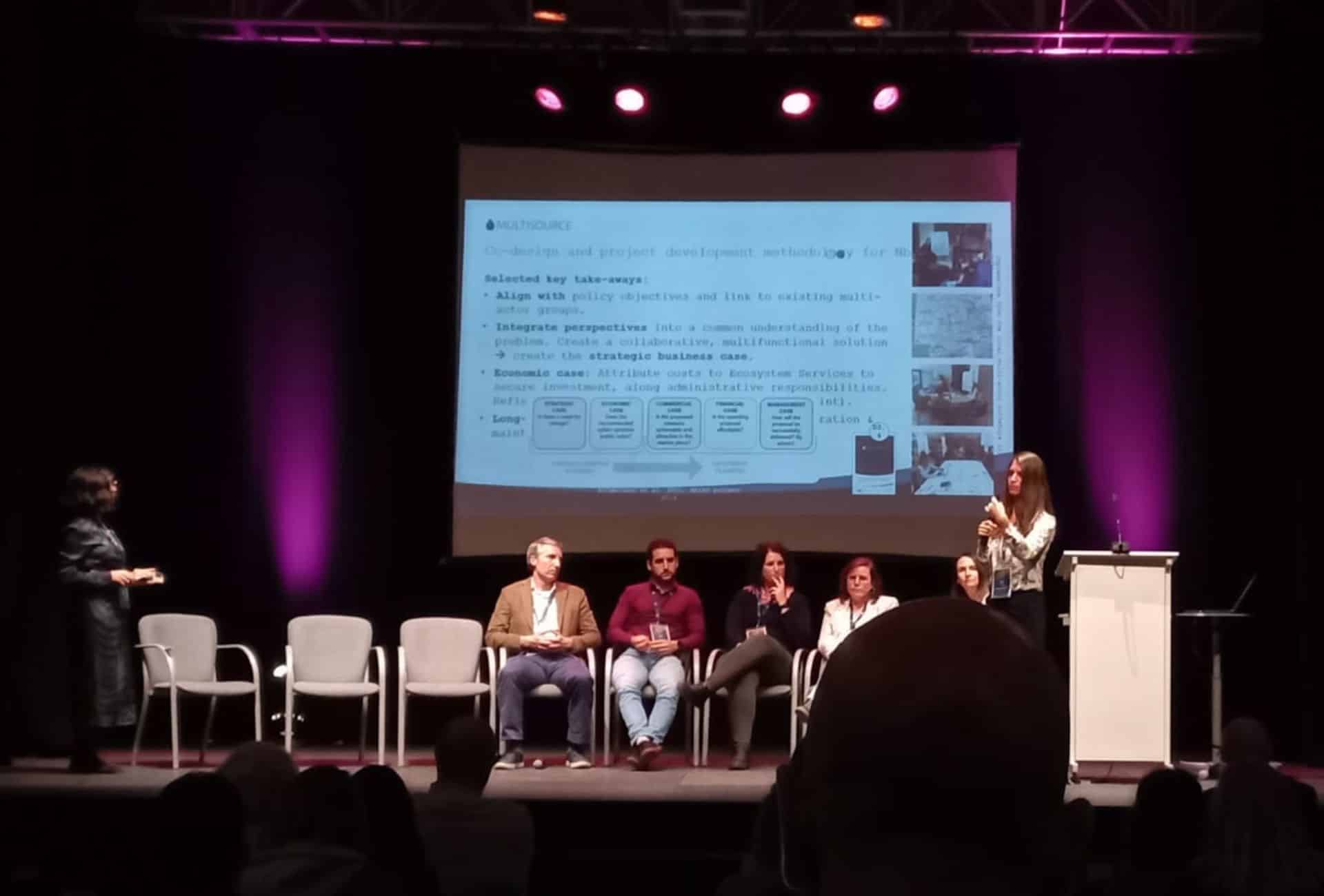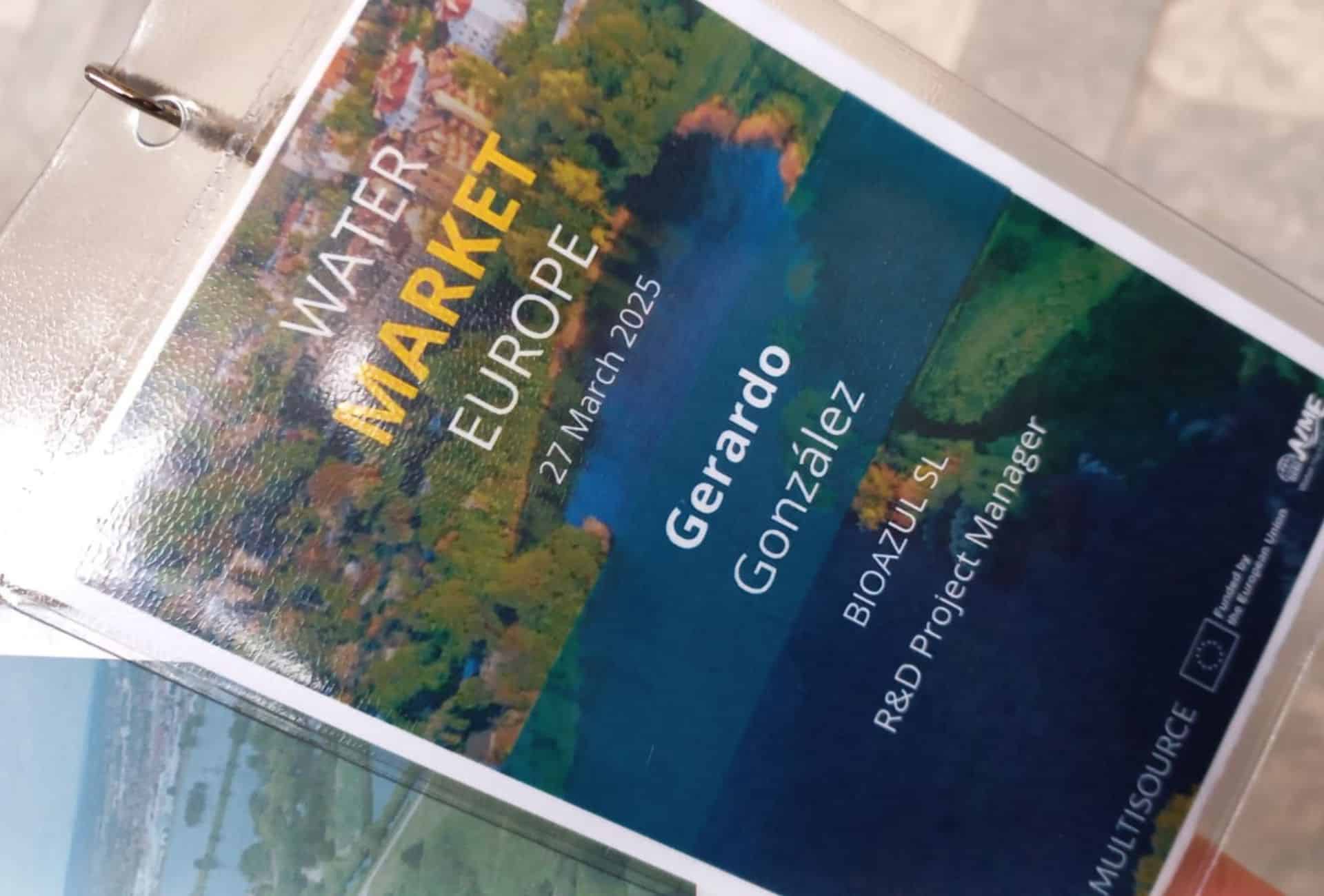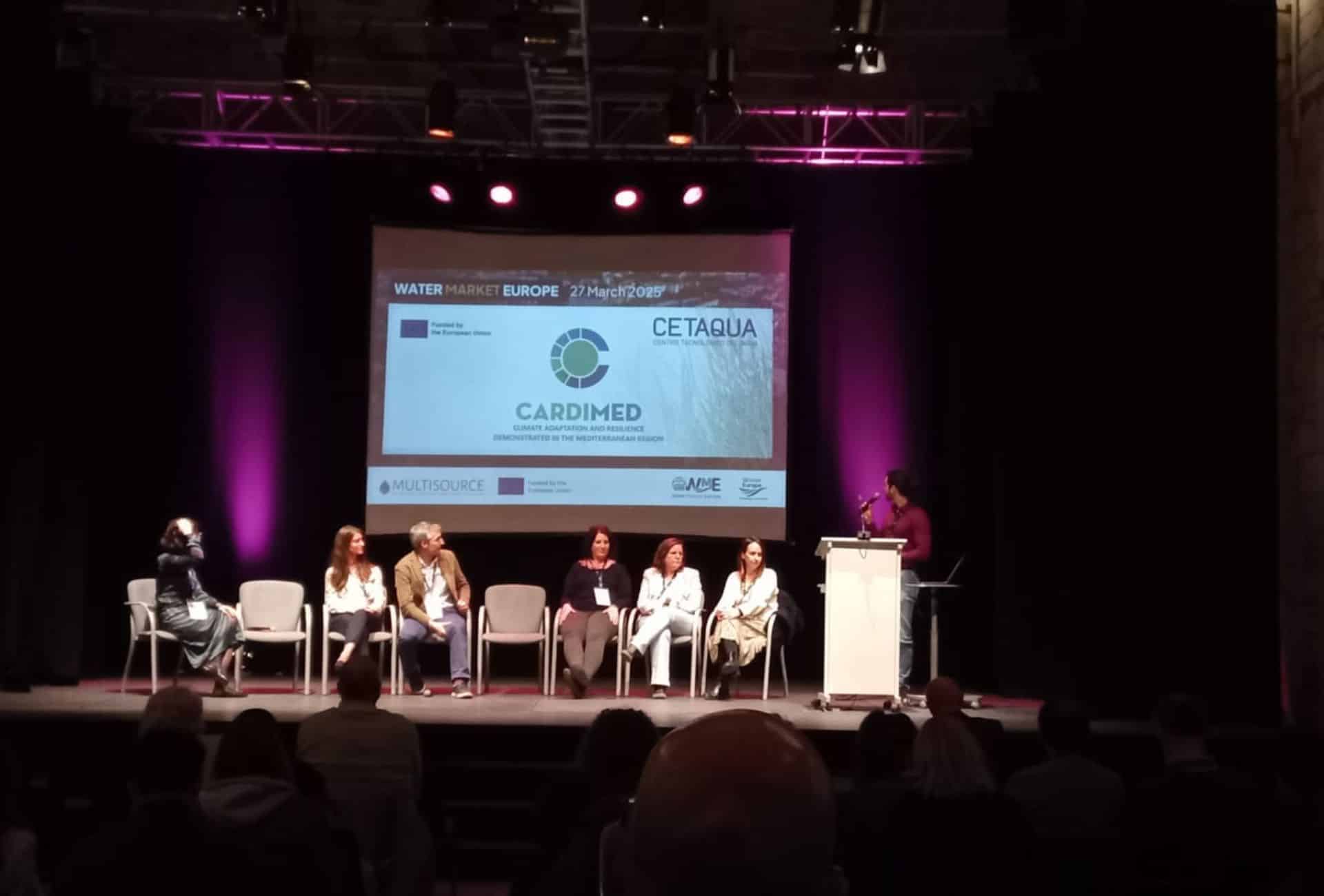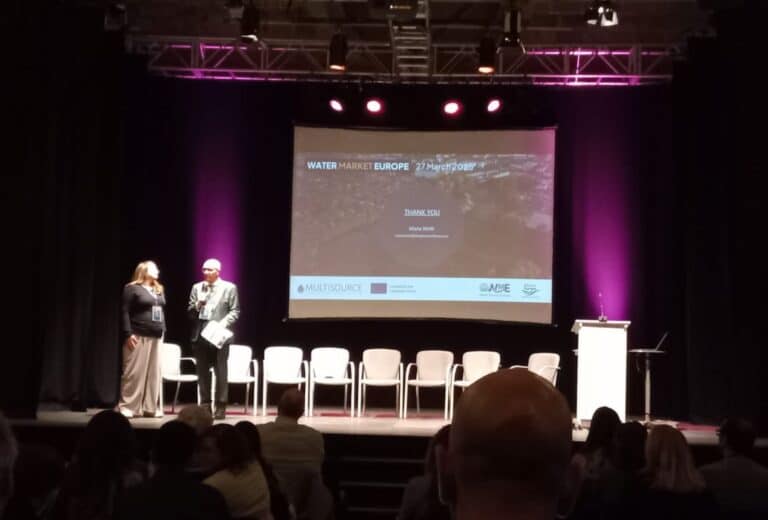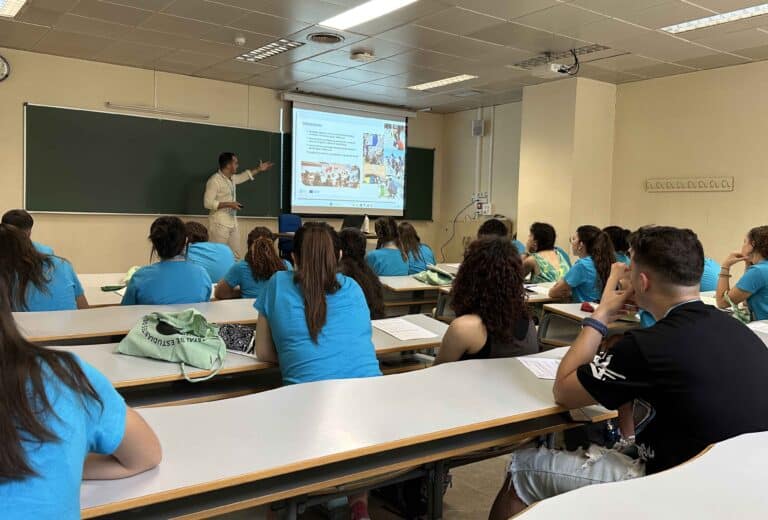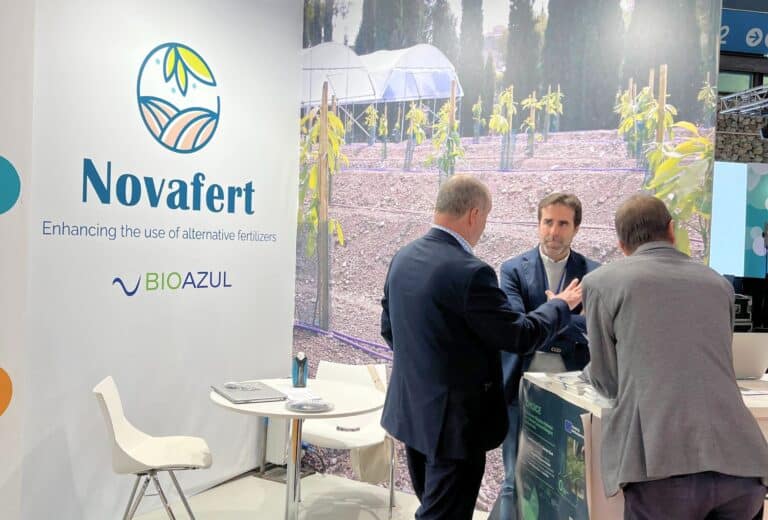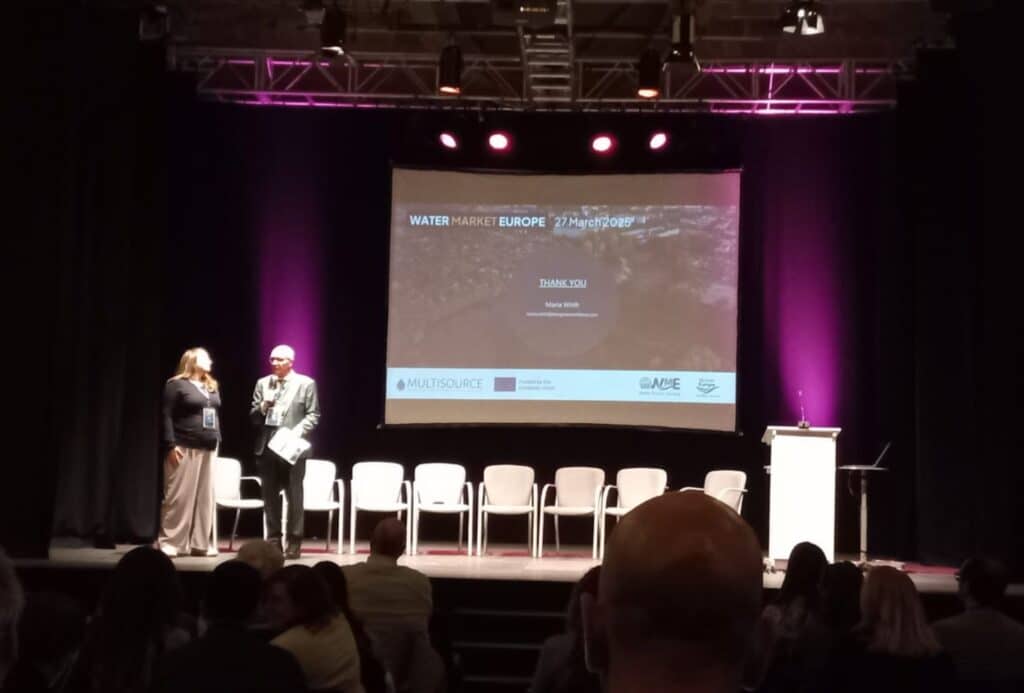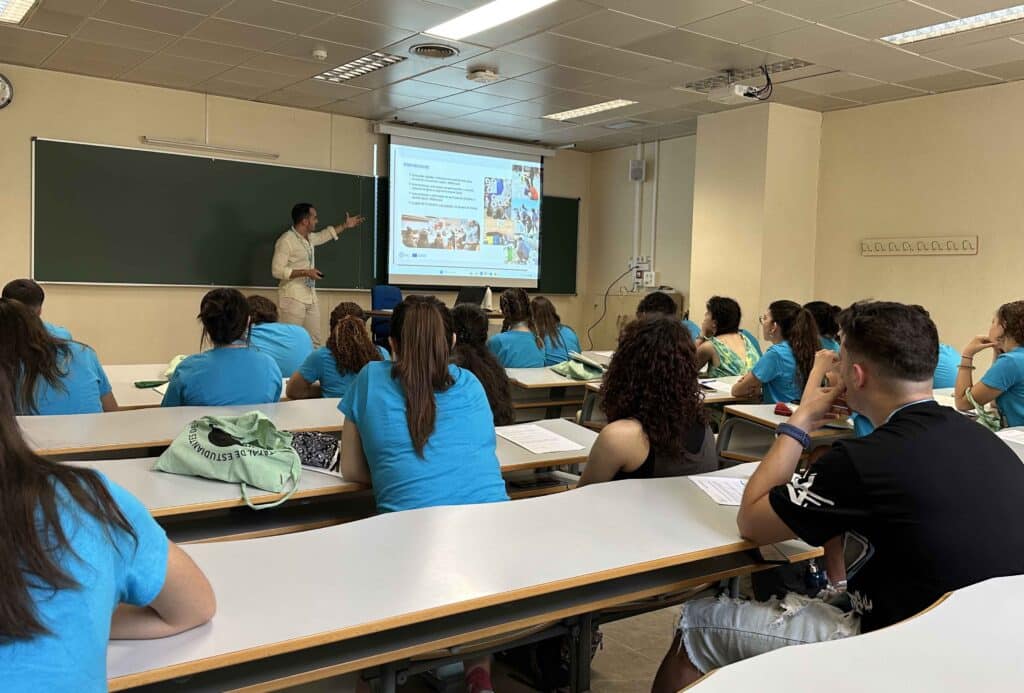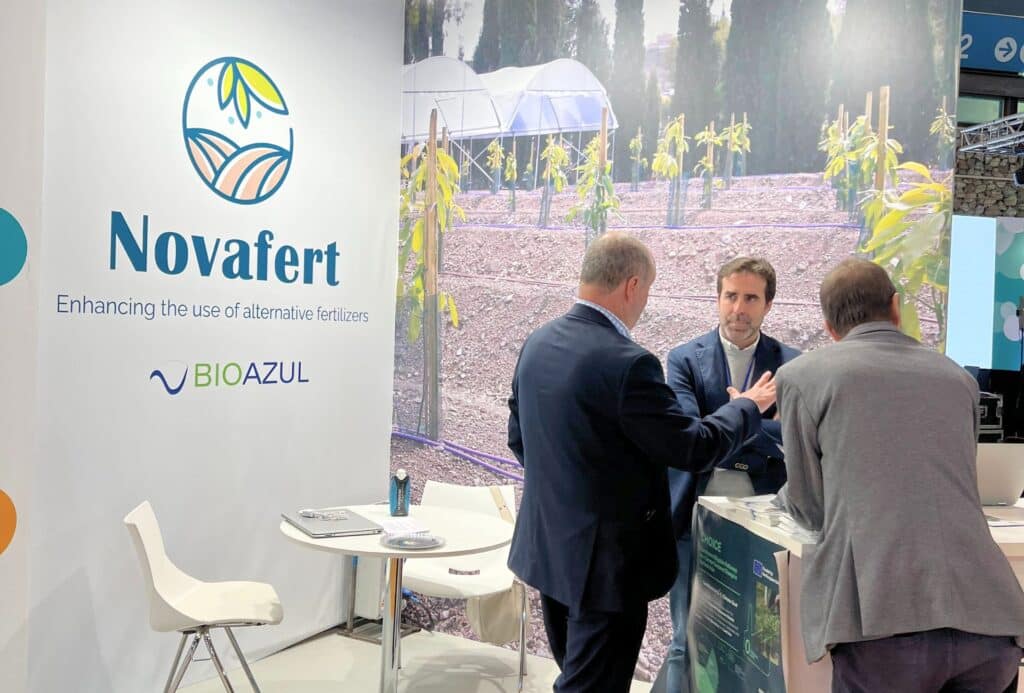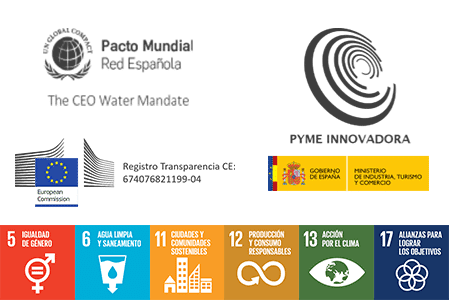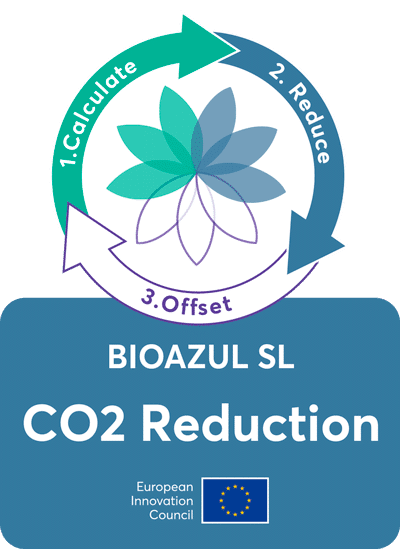On March 27, we had the honor of participating in Water Market Europe 2025, a key event held in Girona and organized by Water Europe in collaboration with the MULTISOURCE project. This forum brought together experts, companies, and public entities to discuss innovative solutions for sustainable water management, with a special focus on Nature-Based Solutions (NBS). MULTISOURCE, aligned with major EU policies such as the Water Framework Directive, the Urban Wastewater Treatment Directive, and the Zero Pollution Action Plan, is leading the development of innovative models for urban wastewater treatment through NBS, promoting sustainability and addressing the most urgent environmental challenges.
Overcoming Barriers to NBS Implementation
The day began with an introduction by Andrea Rubini (Water Europe), who emphasized the urgency of improving water resilience in Europe. He pointed out that water is a limited resource and that its sustainable management is essential for Europe’s future. In this context, NBS emerge as a key solution to tackle challenges in the water sector.
During the first session, Sergi Font (Councillor for Ecological Transition and Urban Area of the Municipality of Girona) presented Girona’s water management model, based on municipal regulations that require the incorporation of Sustainable Urban Drainage Systems (SUDS) in new urban developments. Examples such as urban gardens, green roofs, and the WetWall project at Ágora School illustrate the potential of these solutions to harmonize ecology and urbanization.
Jaime Nivala (INRAE) introduced the MULTISOURCE project, which involves 20 partners from different countries and focuses on integrating NBS into urban water cycles. One of the key tools developed in this framework is NAT4WAT, designed for the selection of NBS based on multi-criteria evaluation.
Laura Wendling (SINTEF, Water Europe Leader of the Expert Group on Gray-Green Infrastructures and NBS) highlighted the importance of NBS for achieving climate-resilient urban development. She emphasized the need for predictive models to design NBS that integrate aspects such as biodiversity and ecological connectivity.
From Porto, Ruben Fernandes (Executive Board Member at Águas e Energía do Porto EM) shared his experience in incorporating green-blue-gray infrastructure into urban planning. Despite high initial costs, he pointed out that the return on investment is quick due to reduced flood damage and other ecosystem benefits.
During a roundtable moderated by Andrea Rubini, the financial sustainability of NBS was discussed. It was concluded that public and private investment must be combined, with innovative financing models such as public-private funding schemes.
Challenges and Opportunities in Water Management
In the second session, Francesca Framba (Metropolitan City of Milano) presented the “sponge city” strategy developed in Milan to address challenges related to land use, runoff, and the urban heat island effect. Currently, 90 SUDS interventions are in development, though they face challenges related to public procurement, functional design, and the lack of specialized NBS companies.
Jaume Cotolí Sancho (Global Omnium) highlighted Valencia’s response to climate challenges, such as the effects of DANAs (cold drop storms), through investments in green infrastructure, floodable parks, and public awareness campaigns.
Sara Eeman (Aveco de Bondt) discussed the integration of NBS in urban regeneration, emphasizing the need to involve multiple stakeholders and connect citizens with the natural environment. She explained the importance of “species design” and the creation of blue infrastructures to improve urban biodiversity.
David Smith (We&BE) presented the NATALIE project, an EU-funded initiative on integrating NBS in different European regions. He mentioned a case study in Bucharest where nature-based solutions were combined with gray infrastructure to mitigate flash floods.
In the final roundtable, experts agreed on the need to overcome barriers such as space availability, public acceptance, and technological implementation of NBS. The potential of digital twins, the importance of data sharing for international cooperation, and the necessity of a long-term alliance between policy and science to ensure continuity in water management were discussed.
Pilot Projects and Digital Tools
Several pilot projects implemented in different countries as part of the MULTISOURCE project were also presented. These include solutions such as artificial wetlands, wastewater treatment systems with vertical gardens, and strategies for gray water reuse. The Girona pilot, led by ICRA, focuses on the treatment and reuse of gray water through green walls. Ágora School has served as a test site for the WetWall technology, while another system has been installed in a residential building in Sant Quirze del Vallès, developed by Alchemia Nova. In the future, a Living Lab is planned in Girona to continue researching and expanding the implementation of these solutions in new projects.
Josep Pueyo (ICRA) introduced NAT4WAT, a web-based tool for selecting solutions based on criteria such as circular economy and biodiversity. Planning platforms for sustainable infrastructure and digital tools for impact assessment were also showcased.
CETAQUA presented the CARDIMED project, where BIOAZUL participates as a partner. This initiative aims to implement nature-based solutions to improve water management in the Mediterranean region. The project seeks to enhance water resilience by restoring ecosystems and developing sustainable technologies adapted to the area’s climatic conditions.
Final Thoughts
The event concluded with a strong message from Andrea Rubini: “Implementing NBS is not just an option; it is a necessity.” Speakers agreed on the importance of sharing experiences and data to facilitate the implementation of effective solutions in different cities.
Our participation in Water Market Europe 2025 reaffirms our commitment to innovation in water management and the development of sustainable solutions for a resilient future. We will continue working to promote strategies that address global water challenges through nature-based technologies.
